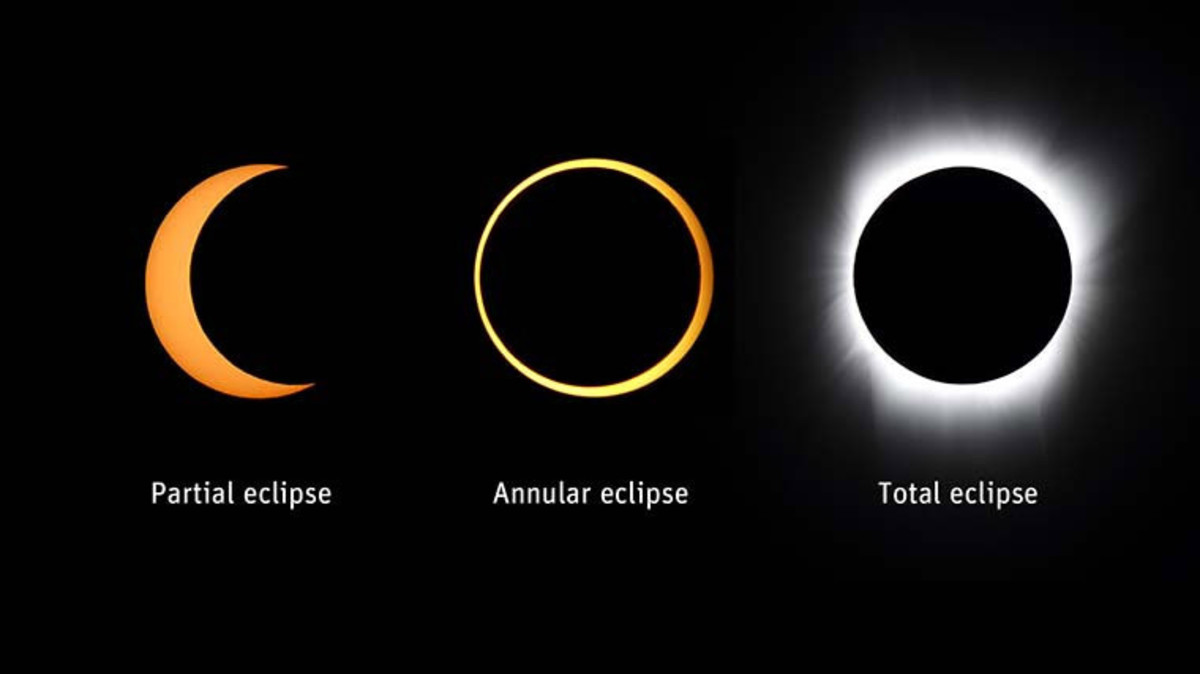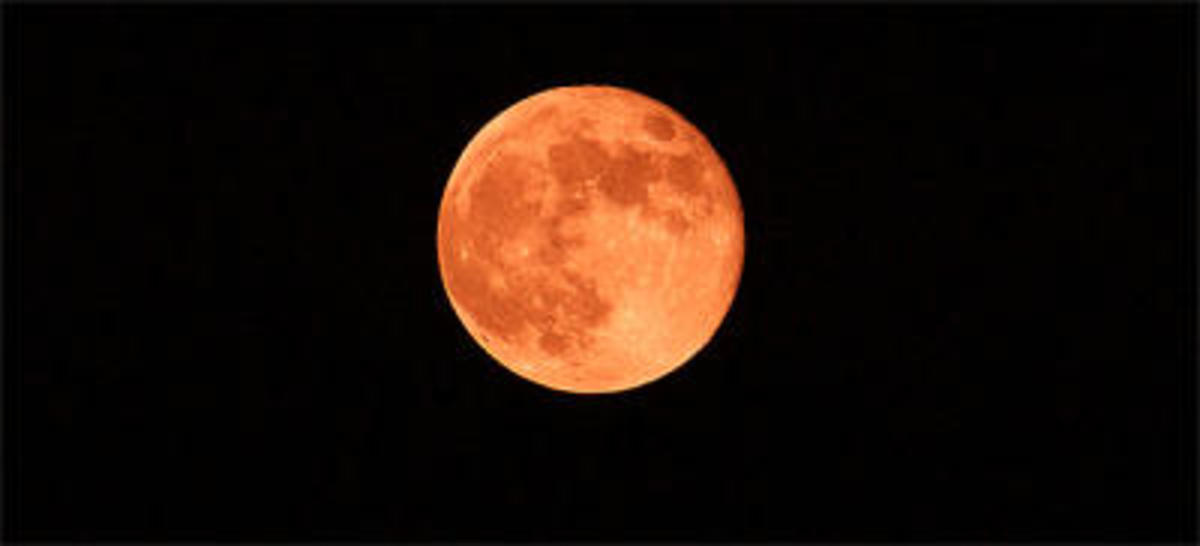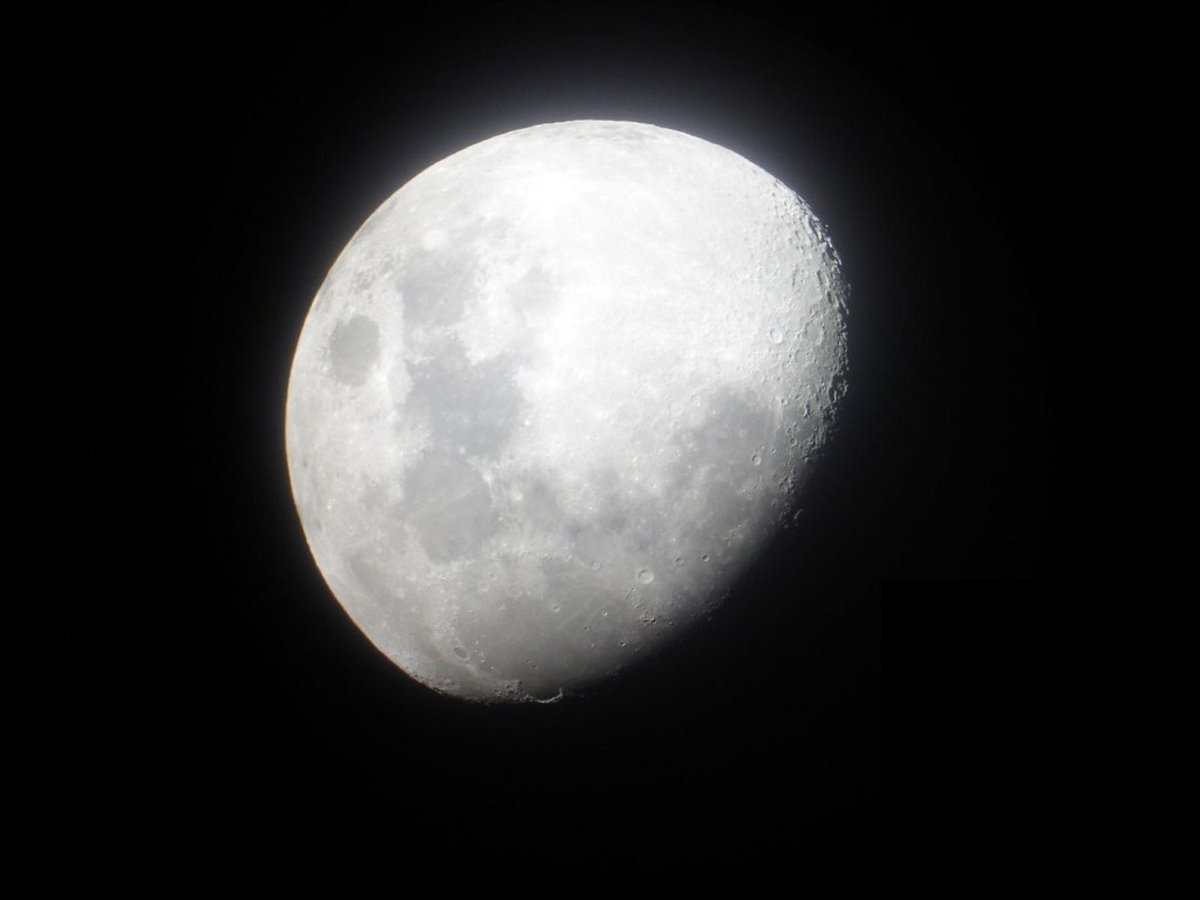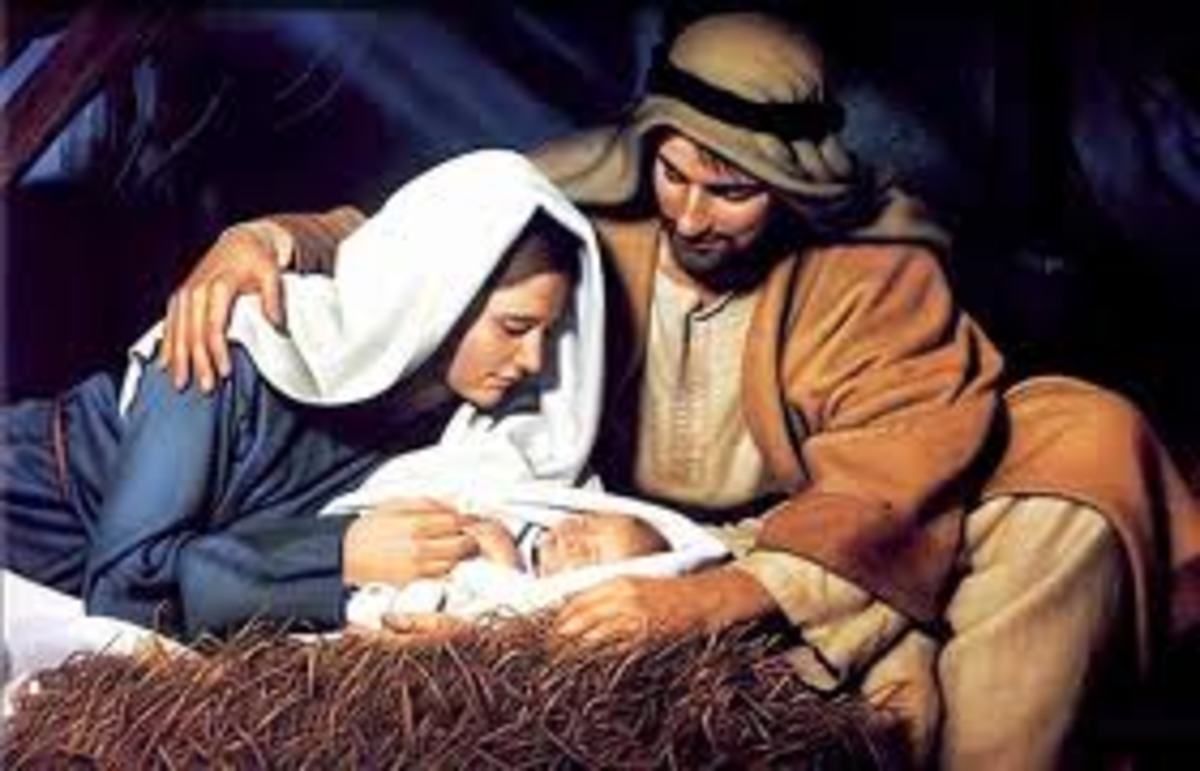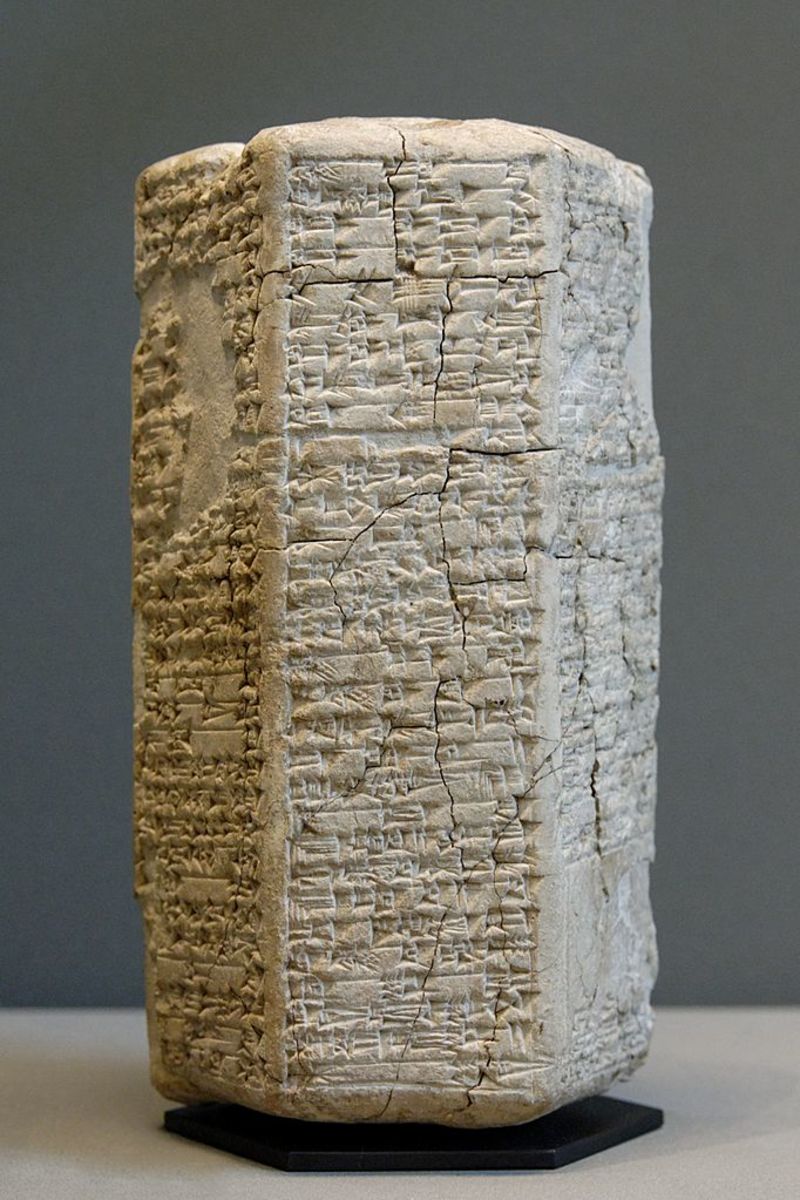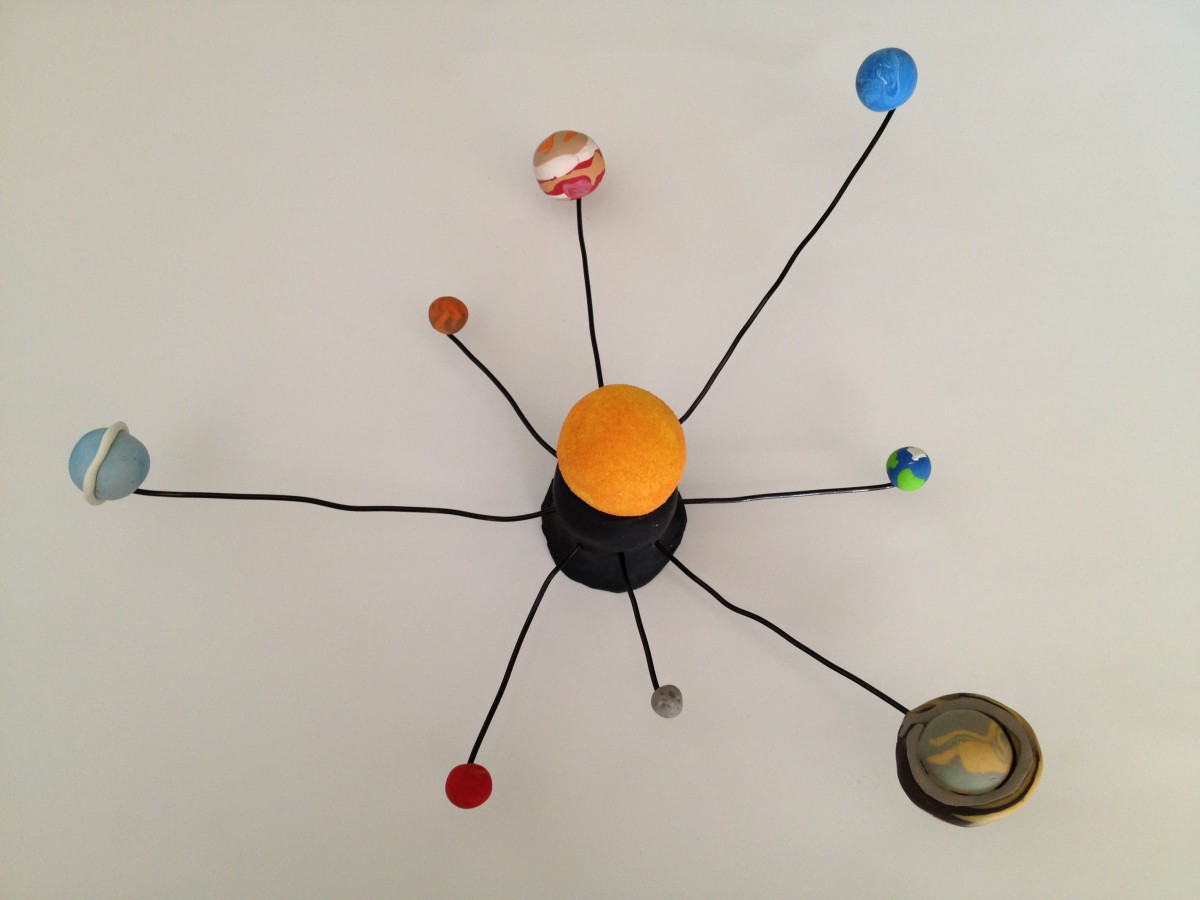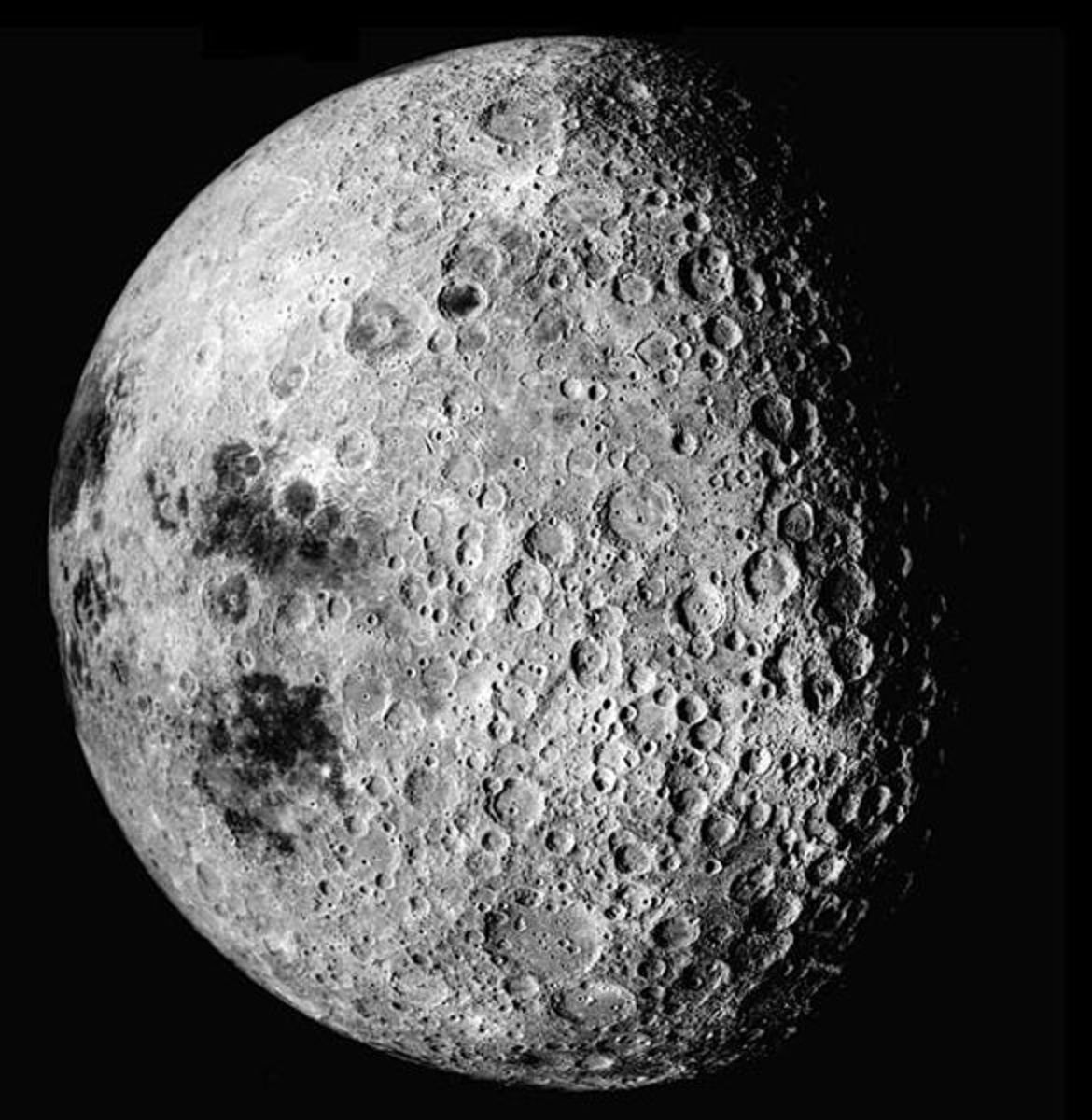Total Lunar Eclipse - 16 June 2011
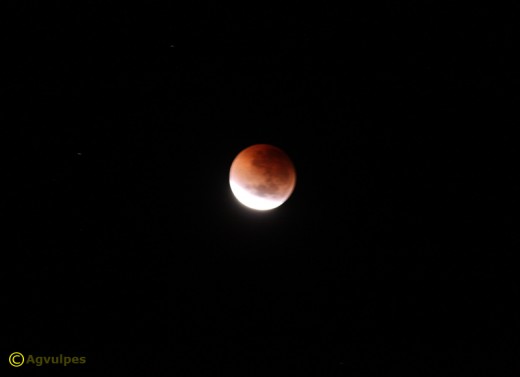
Total Lunar Eclipse
On the 16th June 2011, I was fortunate to witness a reasonably rare astronomical event. It is what's known as a Total Lunar Eclipse.
The Moon in some form or other has always held a fascination. I can remember as a kid reading all I could about the Moon and studied its movements any time that I had the opportunity.
So I set my mental alarm clock and sure enough awoke early in the morning. Believe me, it was freezing, the temperature was around Zero Celsius ( really!!) just in time to see the Moon entering into the Eclipse!
According to experts, this Total Eclipse was one of the best ever and is the longest since the Total Eclipse that occurred in 2000 which just happened to be one of the three longest Total Lunar Eclipses since 1000 BC. There's a piece of Knowledge for your next game of Trivial Pursuit!
This Total Eclipse started it's traverse across the Moon or it is probably more correct to say that the Moon started its traverse through the Earth's shadow at around 4.23 am with Total Eclipse around 5.22 am. The Total Eclipse lasted for approximately 100 minutes
How to recognize an Eclipse
Some readers my not fully understand what actually happens during an Eclipse, a Lunar Eclipse in particular. I will digress and try briefly to explain what I believe happens.
Basically, there are three heavenly bodies involved:
- Sun
- Earth
- Moon
In relation to Eclipses we find that in normal day to day operation what happens is that there are two orbits that concern our Eclipses:
- The Earth orbits around the Sun
- The Moon orbits around the Earth.
These two orbits are not related to each other and cannot travel the same orbital path however at times from where we are viewing they do intersect!
We must also remember that the Sun is indeed many, many miles further away from the earth than the Moon, meaning that the Moon in it's orbiting around the Earth has the ability (at times) to pass between the Sun and the Earth. This would be a Solar Eclipse!
Total Lunar Eclipse expained!
Eclipses are all about 'shadow' the technical term is 'Umbra' (Now you know where the name Umbrella originated) The Umbra in the diagram is indicated by the 'darkest' part of the shadow of the Earth.
Please let me explain further!
Let's conduct a little experiment with 'shadow' where you sit right now?
First, we need the following props:
- a light source a single lamp is good, that will be our Sun.
- a round flat tin, that will be our Earth.
- another round object smaller than the Earth, that will be our Moon.
- one sheet of white paper. to get the best shadow effect!
Ok got all of that?
Turn on the lamp :-) I've used the ceiling fluoro for this demo, place the paper on the desk. Next, hold the Earth so that a shadow is cast on the paper, make sure that there is space between the Earth and the Paper! Keep in mind that in 'real life' the paper would not be there and you would not see any 'shadow' it would extend out into space. This is referred to as 'night time' :-)
Now slowly move the Moon between the Earth and the paper!
What do you see happening?
The Shadow of our Earth appears to be moving across the face of the Moon right?
Notice anything else? The 'shadow' being cast is 'arc' shaped, following the contour of our Earth.
If you were to move our Moon right through the shadow of our Earth you would see the Moon emerging from the shadow of the Earth to once again be hit by Sun Light.
Bravo. You have now made your own Eclipse!
Bear in mind that to get the correct perspective you should imagine that you are positioned on the surface of our Earth looking out at our Moon and the Moon would also be a lot smaller but I hope this has given you some insight into what constitutes an Eclipse?
For it to be a Total Eclipse, the whole of the body of the Moon must be completely covered by the Earths shadow in the same instant.
Total Lunar Eclipse
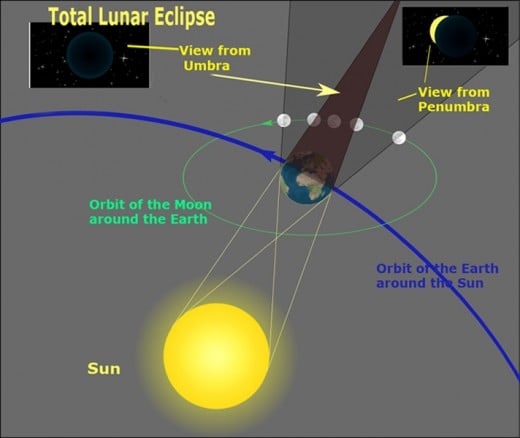
Start with a Full Moon !
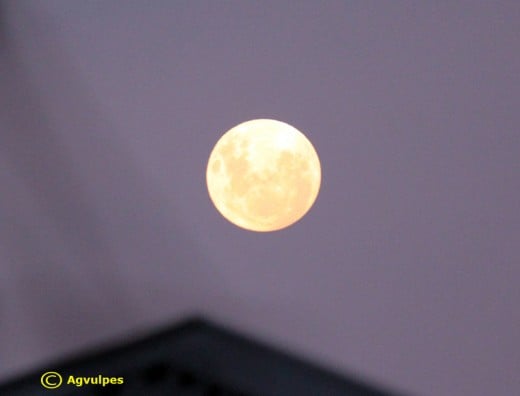
Moon Partly Covered

Getting Closer
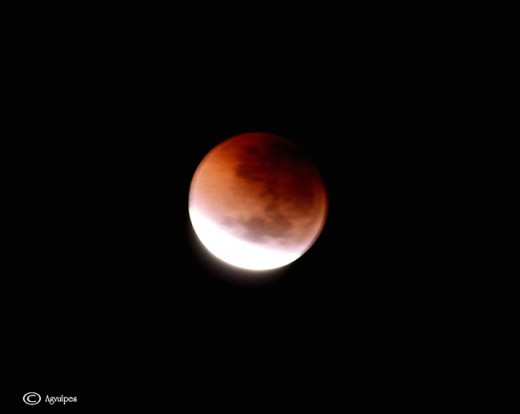
Nearly There
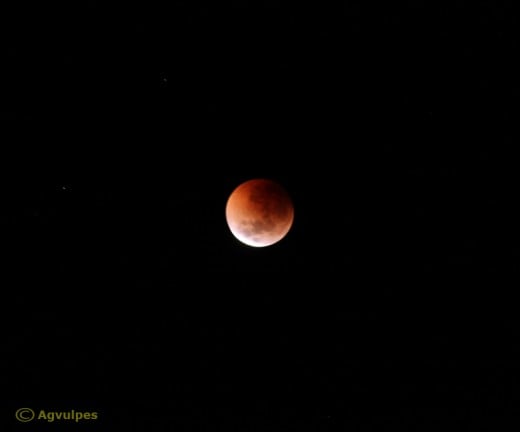
Finish with Total Lunar Eclipse

Have you ever witnessed a Total Lunar Eclipse?
Disclaimer and Questions
I am not claiming 'expert' status with regard to this matter I just find the subject to be very interesting.
Having said that I believe the above to be an accurate assessment of how a Total Lunar Eclipse occurs.
However if anyone disagrees or would like to add further to the discussion by all means, via the 'comment' boxes below, feel free to contribute your thoughts or Questions!
© 2011 Peter

